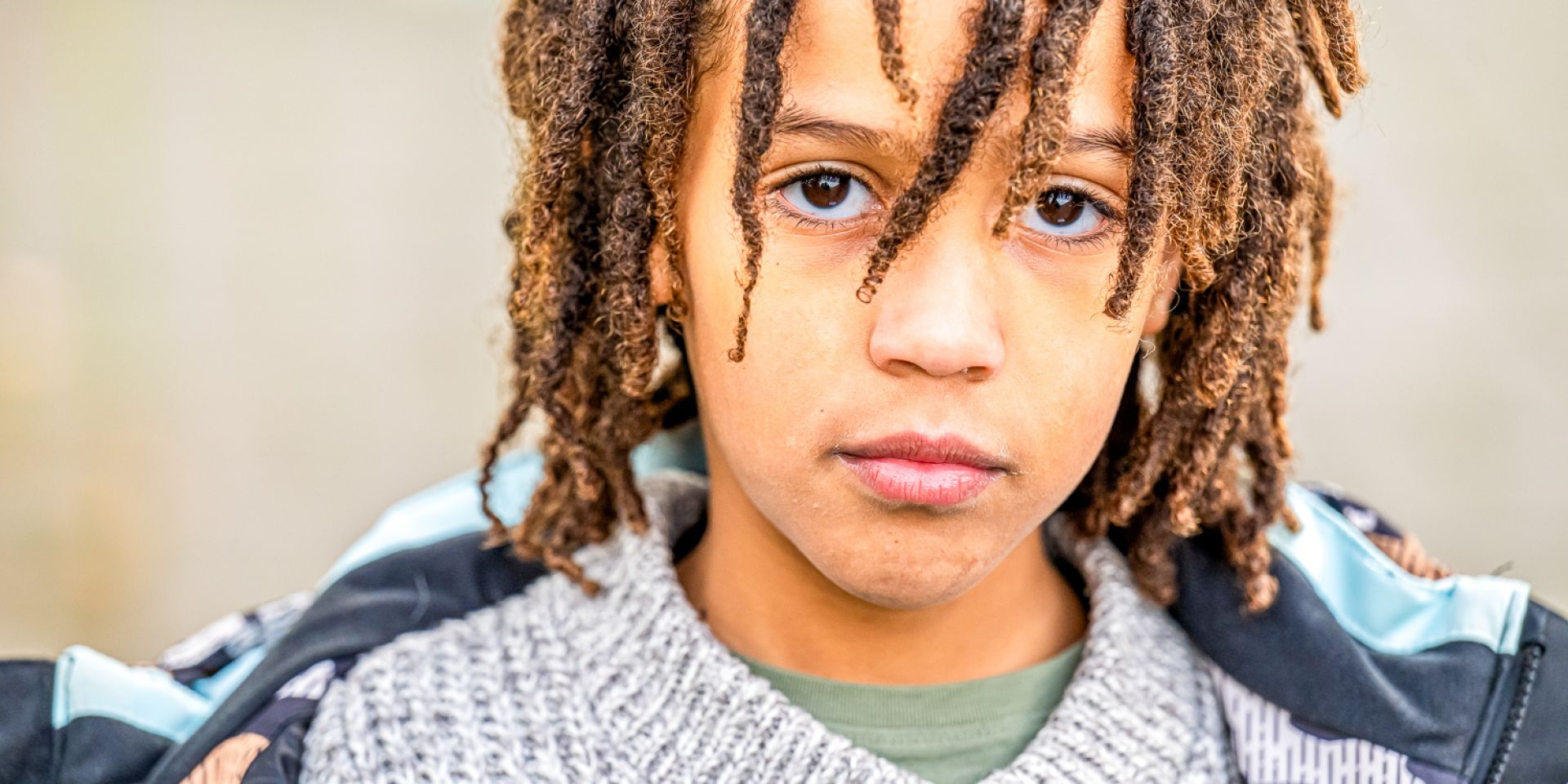
Learning across integrated care services (Ketenbreed Leren)
Learning from the stories of youth in residential group care
“I was too afraid that they would interfere with us or take our child away.” A young mother concealed her postnatal depression and traumatic past at child health services out of fear that her children would be taken away. As a result, her eldest child took over the caregiving tasks and they got too much. This was the beginning of a difficult and lengthy care process, ultimately leading to residential group care. In such stories, there are often multiple outpatient trajectories in youth mental health care with little result, and involvement of sometimes up to ten professionals simultaneously. How could this have developed differently? Professionals within this project are addressing these kinds of questions.
Background
Ketenbreed Leren builds on various studies that have collected knowledge about the course of care trajectories in an exploratory way. These studies showed, among other things, that the problems of children (0-18) were insufficiently analyzed with expert knowledge before the start of residential group care, and that effective interventions were used too little or too late. An undesirable development that calls for intervention. Accare, Curium, The Hague University of Applied Sciences, and Horizon (part of iHUB) have written a research proposal together with the Specialist Youth Care Sectors (BGZJ), the Netherlands Youth Institute (NJi), the knowledge centres for Child and Adolescent Psychiatry (KJP) and Minor Intellectual Disabilities (LVB), and the Care Landscape Research Support Team and applied for a grant from the Ministry of Health, Welfare and Sport. The aim was to study the quality of integrated healthcare services in complex case histories, through regional partnerships. This grant was awarded, and Ketenbreed Leren started in 2019.
Methods
Ketenbreed Leren focused on systematically collecting knowledge and jointly learning about care trajectories involving some form of residential group care. What can we learn from care trajectories that end in residential group care? The data in Ketenbreed Leren were collected through case reviews. These case reviews consists interviews with children and their parents, questionnaires for both children and parents, a retrospective chart review, a focus group with all participants (child, parents and care workers) to talk, and subsequently a focus group with only the care workers. The overall goal of the was to make a timeline of the life of the child, including information of important live events of the family, the child’s living situation, school career, care trajectories, and how the child and parents perceived it all. Additionally, regional meetings were organized to learn about findings from (anonymized) regional case reviews.
At the end of 2022, the research report ‘‘Betrek mij gewoon!’ Op zoek naar verbeterkansen voor de jeugdhulp in het casusonderzoek Ketenbreed Leren’ [“Just Involve Me!’ Looking for improvement opportunities for youth (mental health) care through case reviews’] was published. The study led to 31 unique life stories with several common threads. Important findings are that serious problems usually do not stand alone, that children and parents often do not feel understood or heard, and that what they need is not always what the caregiver or organization can offer. In addition, the stories of all children and their parents show the importance of basic life needs: a safe environment, a place to live and be who you are, and a school where you are not sent away because your behavior is different.
The researchers extracted a range of findings from the life stories that indicate patterns:
• The care and support children receive often focuses too much on the symptoms but does not sufficiently address the underlying causes of the problems;
• Children are damaged within special education and care, while positive results lag behind;
• Children and their parents often do not feel heard, even though professionals are doing their best;
• Attending school has too little priority, resulting in school careers being regularly interrupted;
• Parents rarely receive help for their own problems, even though these play an important role in the problems their child experiences.
The research shows impressive figures, for example, about the number of changes these children experience in where they live and where they go to school. The children in this study changed home on average 8 to 9 times, with their own family, but also in residential care. They changed schools on average 4 times. It takes little imagination to think about the effect this has had on their development.
The case review methodology that was used had positive outcomes. To have an independent researcher listen to the life story of a child without prejudice, paying attention to seemingly insignificant details, seemed healing for both children and parents. Children, parents, and care workers gained a better understanding of what has happened and more understanding for each other. Children and parents experienced recognition that they have had a hard time, and sometimes there also was recognition from parents to their children. Ketenbreed Leren is unique because the stories and figures show us what went wrong, but also because it offers opportunities to learn. The same parents and young people who point out want went wrong could also articulate their needs. What would have helped them at the most difficult moments. What would have given them more confidence and more control over their own lives. That is where opportunities lie.
Collaboration
This project was a collaboration between Accare, Curium, The Hague University of Applied Sciences, and Horizon (part of iHUB).
